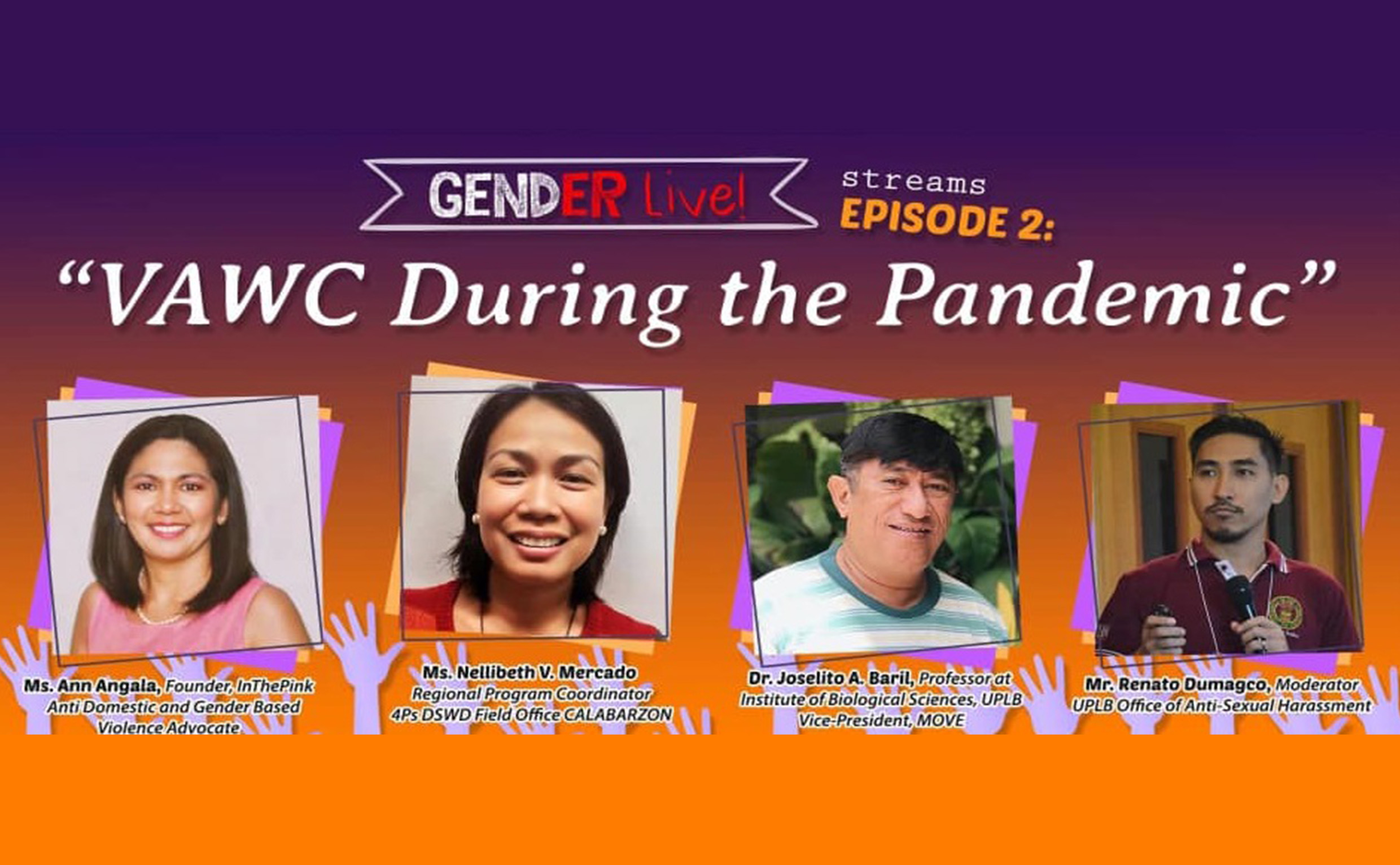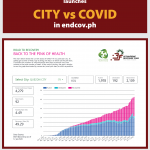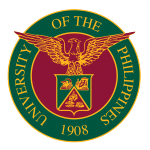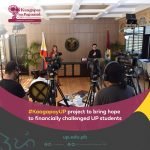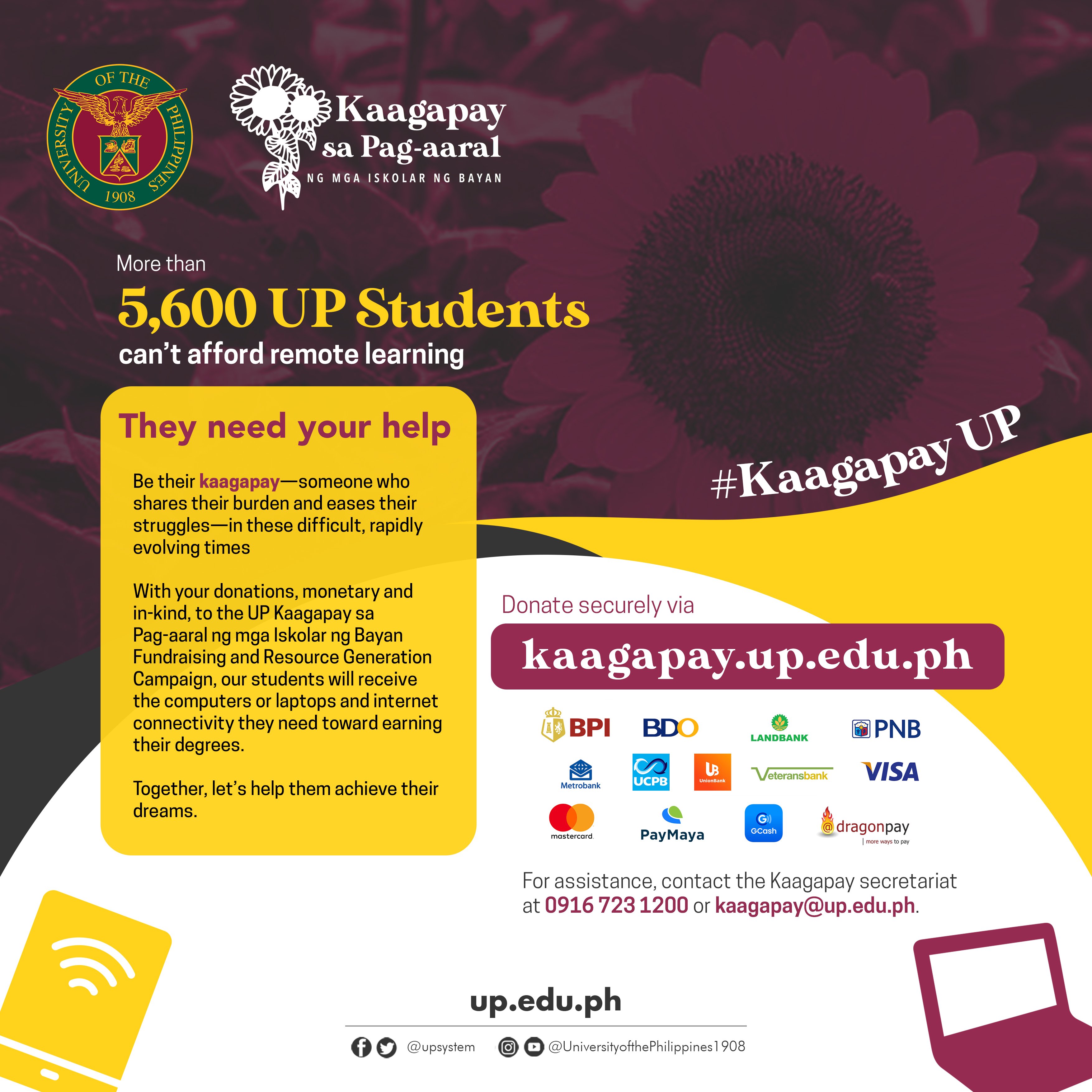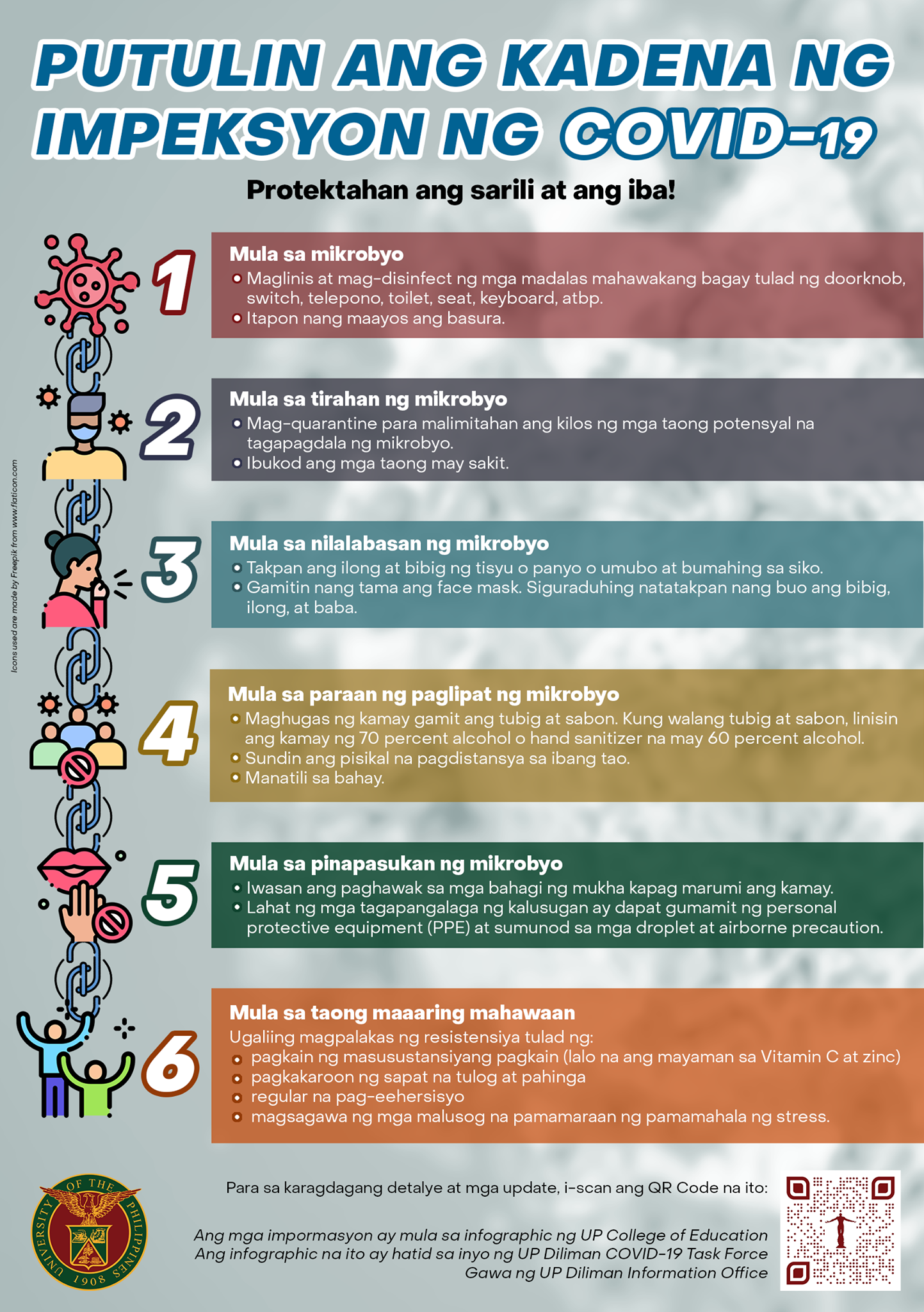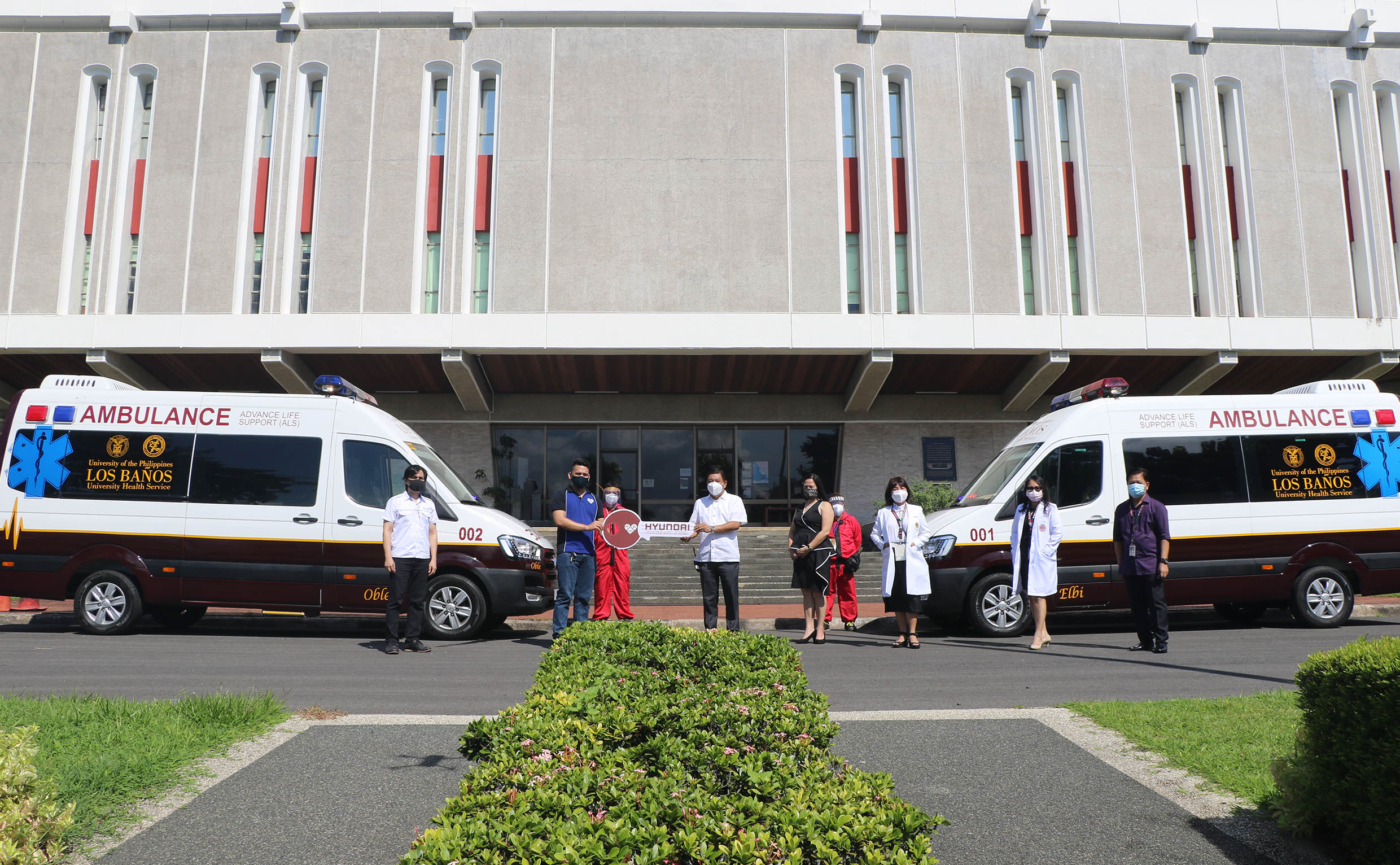The word kaagapay is typically associated with being at one’s side. Its constituents, the affix, ka-, which indicates relation, and its root, agapay, or support, together connote mutual assistance, trust, care, and respect from individuals who desire that others become fully functional persons.
With these qualities in mind, the University of the Philippines (UP) launched the Kaagapay sa Pagaaral ng mga Iskolar ng Bayan or #KaagapayUP project on July 21, 2020. The project’s primary aim is to help UP’s financially challenged students acquire the resources to engage in the remote and blended learning solutions instituted by the University in response to COVID-19. The launch was broadcast live over Zoom, and through the TVUP Youtube channel.

